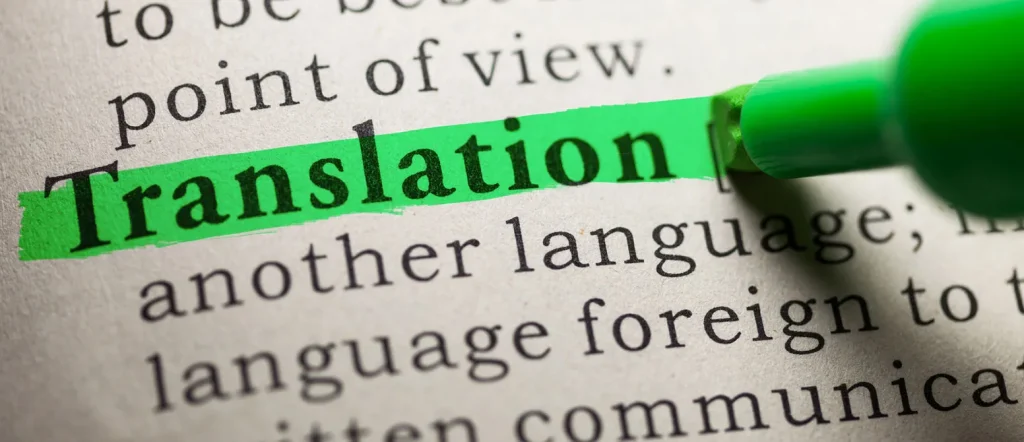International Translation Day, celebrated every September 30, is a time to recognise and honour the essential work of language professionals. Their contributions are vital in fostering international dialogue, understanding, and cooperation, which help unite nations, support development, and promote global peace and security.
The translation of literary, scientific, and technical works across languages—whether through professional translation, interpretation, or terminology work—is crucial for maintaining clarity, fostering a positive environment, and ensuring productivity in both international public discourse and personal communication.
In recognition of this, the United Nations General Assembly adopted resolution 71/288 on May 24, 2017, which highlights the role of language professionals in bridging nations and promoting peace, understanding, and development. The resolution also declared 30 September as International Translation Day.
Why September 30?
International Translation Day coincides with the feast day of St. Jerome, the patron saint of translators. St. Jerome, a priest from northeastern Italy, is renowned for his monumental effort to translate much of the Bible into Latin from Greek New Testament manuscripts. He also translated parts of the Hebrew Gospel into Greek. Fluent in Latin, Greek, and Hebrew, St. Jerome’s work has left an indelible mark on translation history. He passed away near Bethlehem on 30 September 420.
Multilingualism: A Core Value of the United Nations
Languages, with their intricate connections to identity, communication, social integration, education, and development, are critical for both people and the planet. Increasingly, languages are recognized as key to fostering cultural diversity, intercultural dialogue, and quality education for all. They are also vital for promoting cooperation, building inclusive knowledge societies, preserving cultural heritage, and advancing political action for sustainable development through science and technology.
Multilingualism is a cornerstone of harmonious communication among peoples and is regarded by the UN General Assembly as a core value of the organisation. By promoting tolerance, multilingualism enables broad participation in the UN’s work, leading to greater effectiveness, improved performance, and increased transparency.
Translation at the United Nations
The UN is one of the world’s largest employers of language professionals. Hundreds of language experts work in UN offices in New York, Geneva, Vienna, and Nairobi, as well as at regional commissions in Addis Ababa, Bangkok, Beirut, Geneva, and Santiago. Translators are among the many language professionals employed by the organization.
Other language specialists at the UN include:
- Editorial and desktop publishing assistants
- Editors
- Interpreters
- Précis-writers
- Production editors and desktop publishers
- Verbatim reporters
UN translators handle a vast range of documents, from Member State statements to expert reports, covering every issue on the United Nations agenda, including human rights, peace, security, and development. New topics emerge daily. UN documents are translated simultaneously into the organisation’s six official languages: Arabic, Chinese, English, French, Russian, and Spanish. Key documents are also translated into German. The UN’s multilingual documentation is made possible through the work of its translators, who ensure that the original content is conveyed clearly and accurately in the target language.
The theme of ITD 2024 calls for us to protect translation as an art, protect copyright and related rights, and protect our livelihoods, thereby ensuring the future and sustainability of our profession. So, let’s celebrate our creativity, longevity and unity on September 30, to mark International Translation Day 2024.

